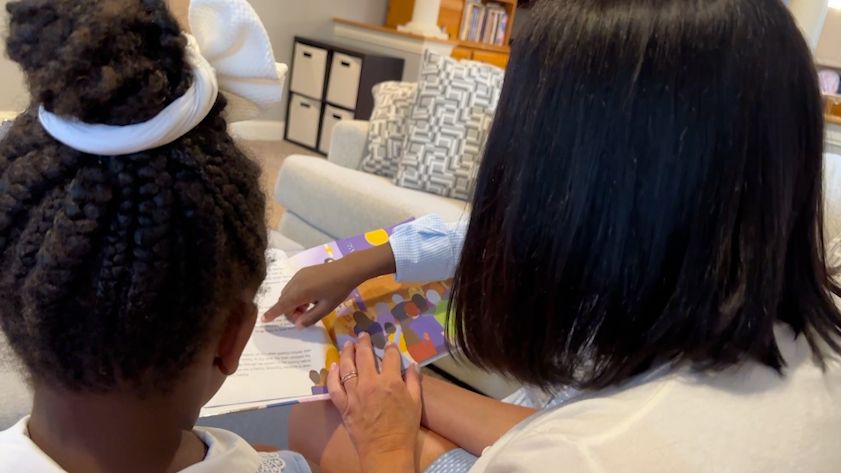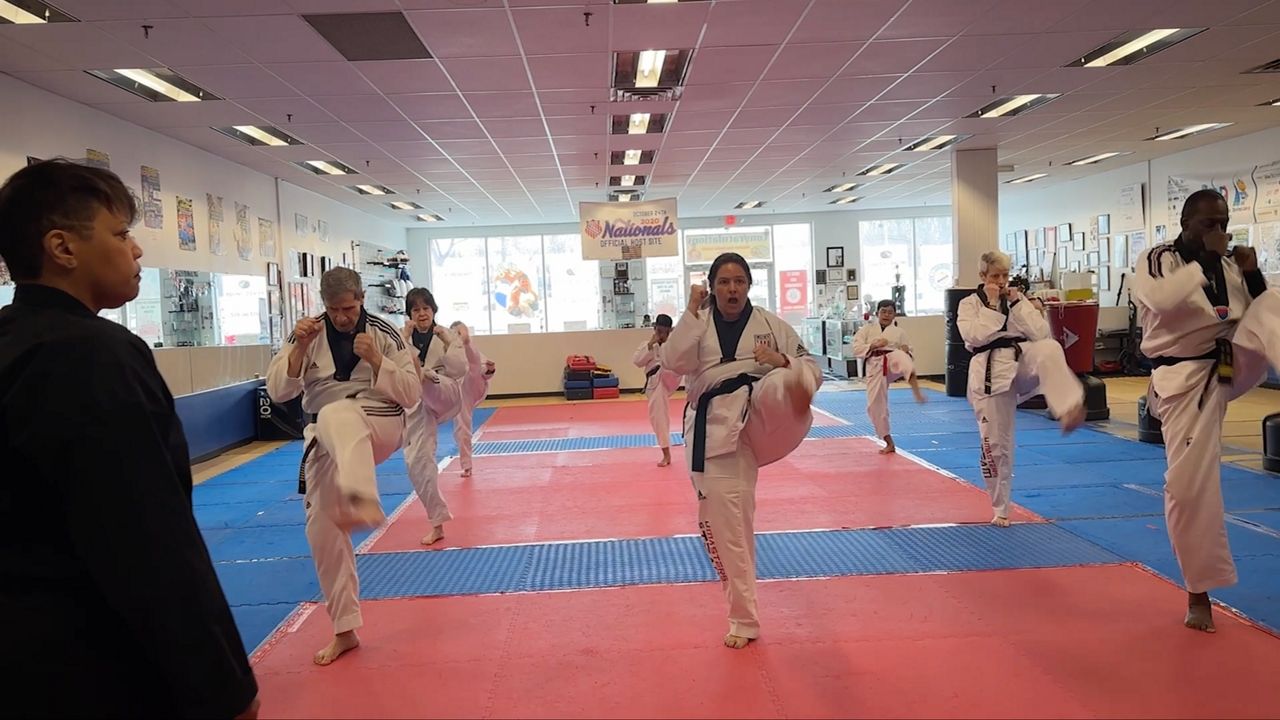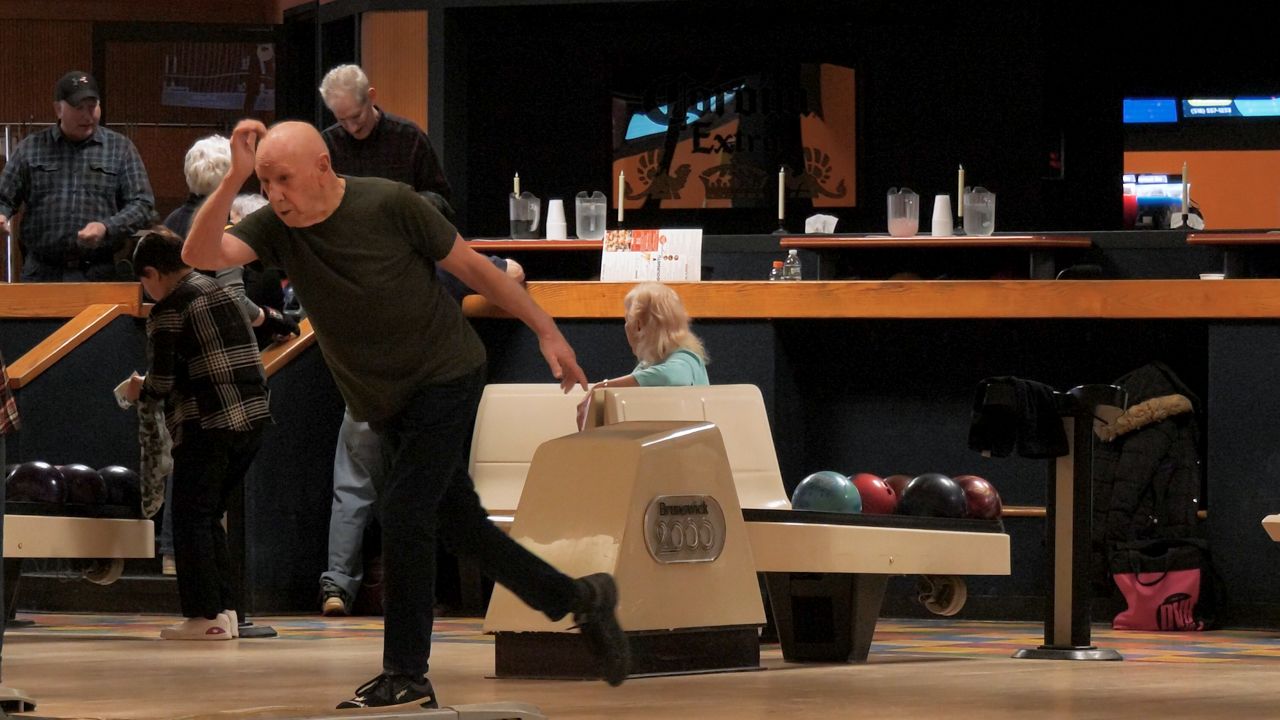Christina Homer, a resident with Beltrone Living Center, has all the tech she can get her hands on. But sorting through the cords and figuring out how the gadgets work is a different story.
“I may have started with computers at Albany Med in 1976, but the size of that computer was bigger than this room,” said Homer.
Across the state, libraries are rolling out new initiatives to help bridge the digital divide. It’s more than just connecting people with Wi-Fi and tablets. It's providing resources to educate residents on how to use these devices and expand their tech skill set.
What You Need To Know
- Corinth Free Library is working on bringing affordable internet access to the community and plan to install a solar-powered bus stop equipped with seating, USB charging outlets and access to Wi-Fi
- In Schuylerville, 15% of the town lacks broadband internet. The Schuylerville Public Library added Wi-Fi hotspots that people can borrow, in addition to the 24/7 Wi-Fi that the library building offers
- The Crandall Public Library in Glens Falls is working with the Warren County Employment & Training Administration to use American Rescue Plan money to distribute and loan laptops, tablets or hotspots to community members in hopes of augmenting workforce development
A group of teen tech tutors assist seniors twice a week, one day at the Colonie Library and another at the Beltrone Senior Center.
Libraries have become more than just a building of books. In Voorheesville, Digital Services Librarian Colleen Ellithorpe said in such a rural community, there are several residents with limited internet service. So they’ve added Wi-Fi spots in the library’s parking lot to provide access, even when the building is closed.
“As well as the rail trail pavilion, which is a popular rec area in our community. Additionally, we’ve loaned hotspots to our students who had to pivot to remote learning,” said Ellithorpe.
According to a 2021 state report, two million households do not subscribe to high-speed internet service, and around 1.6 million households do not have a computer.
Ellithorpe said it doesn't end with connecting the unconnected. It's continuing to provide educational tech resources for the community. The library is also hosting summer tech classes, where they’re learning how to use a 3D printer.










